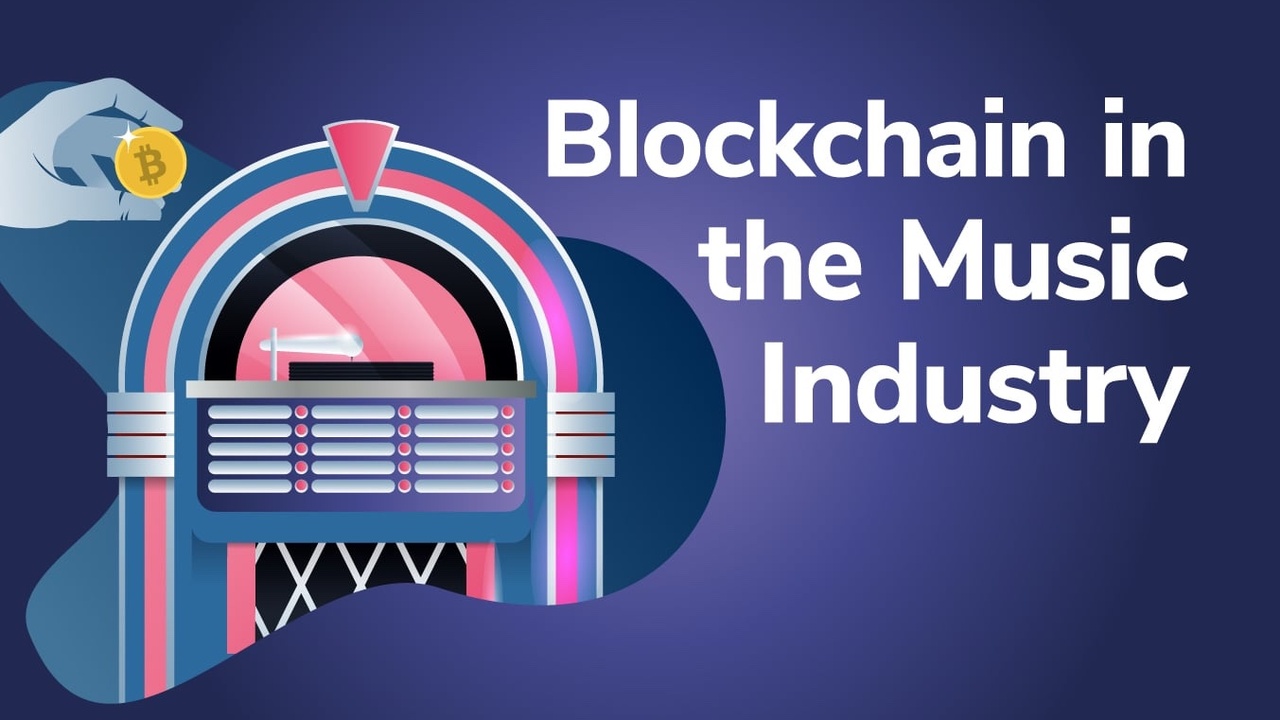The Impact Of Blockchain Technology On The Music And Entertainment Industry
In the ever-evolving world of music and entertainment, innovation is key to staying ahead of the curve. One technology that has been making waves in the industry is blockchain. While it’s often associated with cryptocurrency, blockchain’s potential applications extend far beyond digital currency. So, let’s dive into the exciting impact it could have on the music and entertainment industry.

- The Rise Of Decentralized Platforms In Shaping The Gig Economys Future
- The Benefits Of Using Crypto For Microtransactions
- Diversifying Your Digital Wealth: A Comprehensive Guide To Building A Robust Crypto Portfolio
- Unlocking The Power Of Passive Income: A Beginner’s Guide To DeFi Lending
- A Collaborative Approach To Crypto Staking
Imagine a world where artists have complete control over their work, from creation to distribution. A world where royalties are paid out fairly and instantly, and where fans can engage with their favorite musicians in a more meaningful way. Sounds like a utopia, right? Well, that’s exactly what blockchain technology promises to deliver.
One of the most significant advantages of blockchain is its decentralized nature. Unlike traditional systems, which rely on intermediaries like record labels and distributors, blockchain allows artists to connect directly with their audience. This not only eliminates the need for middlemen but also reduces transaction costs, giving artists a larger share of the profits.
For instance, platforms like Audius and Revelator are already using blockchain to enable artists to upload their music and set their own prices. The technology ensures that royalties are paid out instantly, based on the number of streams or downloads. This is a significant departure from the traditional model, where artists often have to wait months or even years to receive their royalties.
Another area where blockchain is making a significant impact is in the realm of digital rights management. With the rise of streaming services, artists have struggled to maintain control over their work. Blockchain technology provides a secure and transparent way to manage digital rights, allowing artists to set permissions and restrictions on how their work is used.
But blockchain’s impact on the music industry goes beyond just artists and creators. Fans can also benefit from the technology. For example, platforms like Rarible and OpenSea allow fans to buy and sell unique digital collectibles, such as limited-edition artwork or exclusive merchandise. These collectibles can appreciate in value over time, making them a valuable investment opportunity for fans.
Blockchain technology also has the potential to revolutionize the way we experience live music events. For instance, platforms like Get Protocol are using blockchain to create secure and transparent ticketing systems. This not only eliminates the risk of ticket scalping but also allows artists to connect directly with their fans and offer unique experiences, such as backstage tours or exclusive meet-and-greets.
In the entertainment industry, blockchain technology is being used in a variety of innovative ways. For instance, platforms like Mubert and Endlesss are using blockchain to create decentralized music platforms, where artists can collaborate and share their work with a global community.
In conclusion, blockchain technology has the potential to transform the music and entertainment industry in a profound way. From giving artists more control over their work to creating new opportunities for fans to engage with their favorite musicians, the impact of blockchain is undeniable. As the technology continues to evolve, it will be exciting to see how it shapes the future of the industry.
